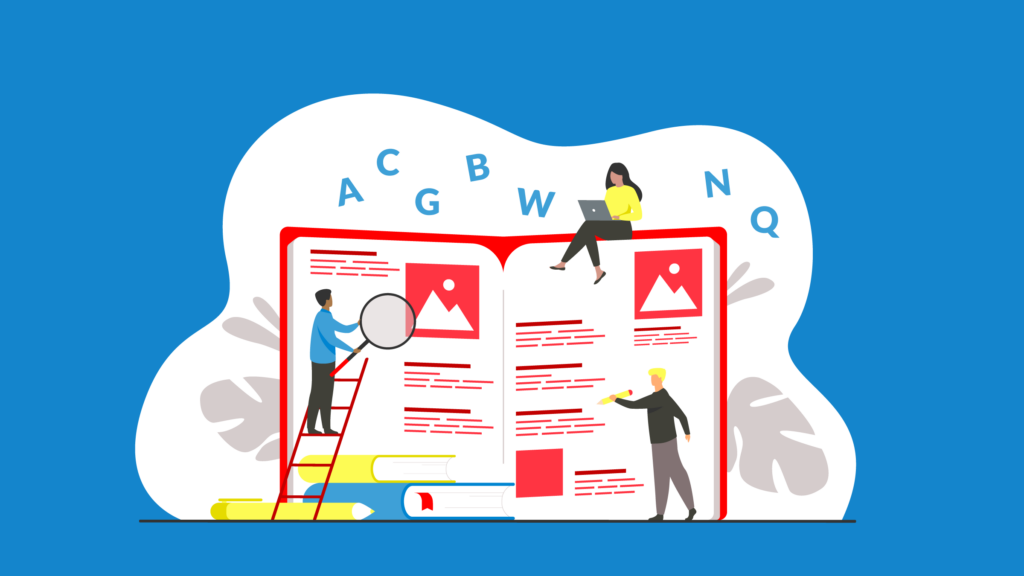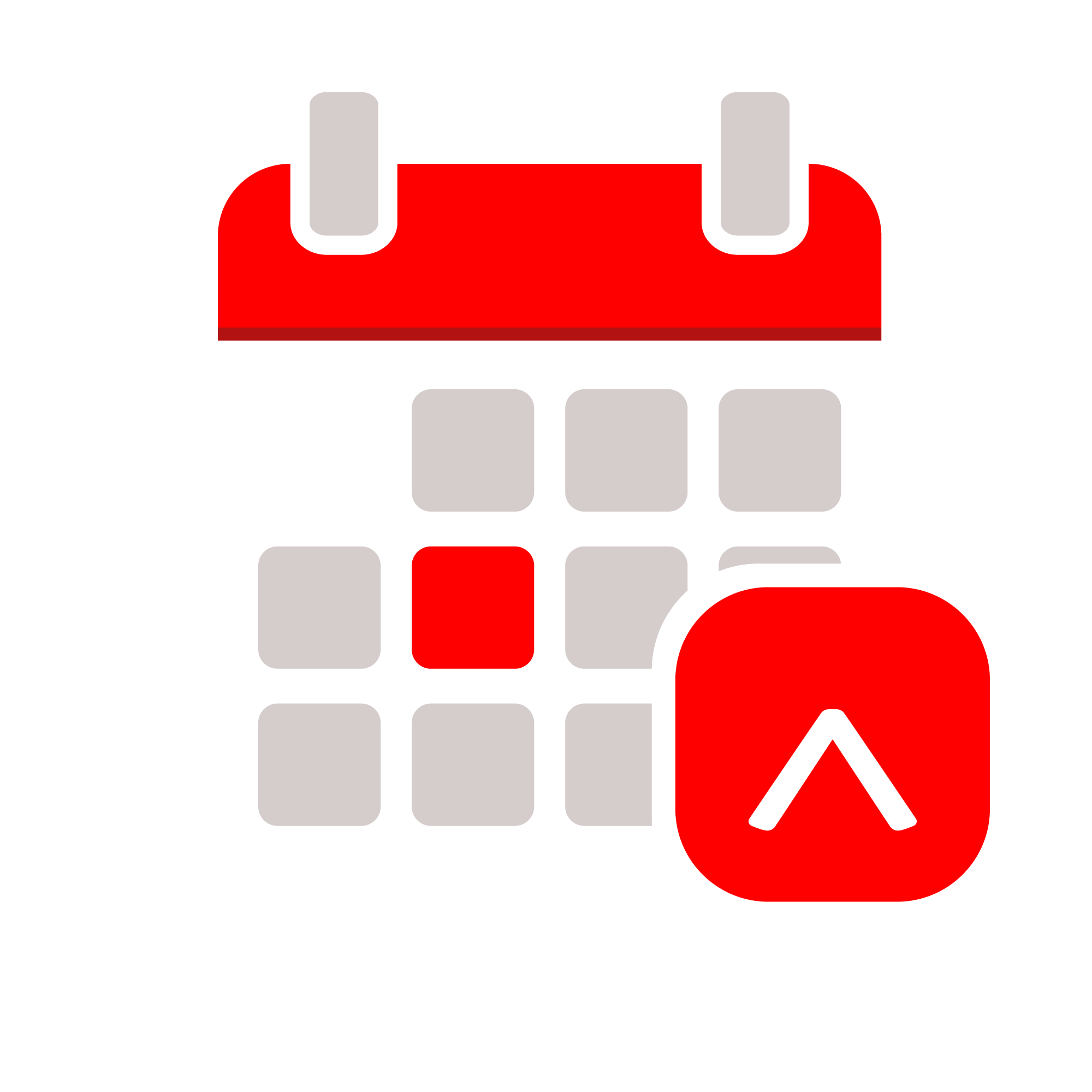Emily Distefano: What’s on My Desk?

Welcome to our new series where we snoop through the workspaces of our fellow editors. This week, Emily Distefano, the newest member of our proofreading team at The Editors’ Weekly, tells us all about her desk essentials. Tools of the trade First, the basics: computer, glasses, office supplies. My current laptop is a sturdy Lenovo […]
AI: The Power-Hungry Beast

With all this talk of AI, we are entering a time of transition and change as our society becomes increasingly dependent on it. It’s hard to ignore the practical uses of AI. We are seeing AI take redundant tasks and spit out results in a fraction of time. Simple, streamlined and quick. Results that sometimes […]

Maintaining Your Joy as a Copy Editor
In February, the academic editing book club will host author Jamaal D. Pittman for a 60-minute Q&A about The Copy Editor’s (Life)Style Guide: Maintaining Your Joy (and Sanity) in a Rapidly Changing Profession. This book club is run by the Academic Editing Special Interest Group(SIG), a collaboration of Editors Canada and the Editorial Freelancers Association […]

Our 2026 Articles Wishlist
Welcome to 2026! Here at The Editors’ Weekly, a brand new year means planning a whole year’s worth of new blog posts. We’re always looking for more contributors to represent the wide experiences and diversity of Editors Canada members, so if you’ve never contributed before, or want to write for us again, we’d love to […]
More Than Seven Letters
Communication. Community. In a world (like ours) where so much is ruled by the exchange of ideas, these two concepts share more than their first seven letters. They are both integral to how we exist in the world. If you can’t communicate, then how do you build community? And without community, humans — who are […]

Editing With the Seasons: Indigenous Storytelling and the Rhythm of the Land
Written by Kaitlinn Littlechild on behalf of the Indigenous Editors Association In Indigenous communities, storytelling is not just a method of sharing knowledge — it is a living relationship. Stories are shaped by land, language, kinship and the cycles of the natural world. There is a time and a place for certain stories. To authentically […]

When Two Neurodivergent Minds Meet (Part 2)
A Virtual Assistant and an Editor Share Their Process Last week, I described why I decided to hire a virtual assistant (VA) in June 2025, and shared Melanie’s responses to my questions. This week, Melanie interviews me. Melanie Lobo: Our first conversation was on Reddit — what made you reach out to me? Letitia Henville: […]

When Two Neurodivergent Minds Meet: A Virtual Assistant and an Editor Share Their Process (Part 1)
Even though I’m about to hit a decade of freelance editing — three years full-time — I still struggle with managing my business: getting invoices out; keeping on top of long-term projects; knowing what is coming to me when, and then tracking new pieces when they come in. My ADHD is a big factor in […]

Trans Day of Remembrance: Language and Representation Matters
November 20 is Transgender Day of Remembrance. Today, I will gather with my community to remember who and what we have lost this year. People. Rights. Safety. Soon we will dance and we will celebrate our joy as resistance. But today we grieve. I am proud to be a trans editor. I have a unique […]

Seven Ways to Connect with New Authors without Social Media
It’s a tale as old as Twitter. Social media’s promise of a direct connection with hundreds of writers waiting to hire me seemed like an ideal marketing strategy for a newly minted (and introverted) editor. But, in keeping with the too-good-to-be-true genre, what I got was a distraction. The busy-work of posting and the comfortable […]

Plain Language Resistance: Is “Plain” the Problem?
As a writer and editor who also teaches academic and business writing, I get asked a lot of language questions; it’s a regular and expected part of the job. One recent question, though, caught me by surprise: “How can I justify using plain language to my boss, who’s resistant to it?” The persistence of resistance […]
